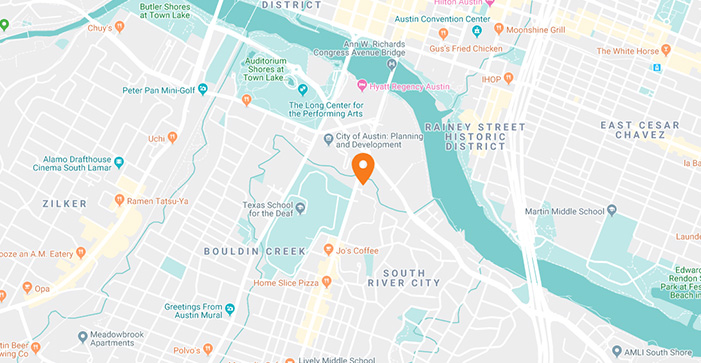Child custody disputes can be emotionally challenging and legally complex. As a parent, it’s crucial to understand your rights and take the necessary steps to protect the best interests of your child. In this blog post, we will provide you with valuable insights and practical tips on how to handle child custody disputes.
- Understand the Legal Framework:
To effectively handle child custody disputes, it’s essential to have a solid understanding of the legal framework surrounding custody matters in your jurisdiction. Familiarize yourself with the relevant laws and regulations, including factors considered by the courts when making custody decisions. Consulting with an experienced family law attorney can provide you with the necessary guidance and knowledge. - Focus on the Best Interests of the Child:
When involved in a child custody dispute, it’s crucial to prioritize the best interests of your child. This means demonstrating your commitment to their well-being, safety, and stability. Maintain a child-centric mindset throughout the process, considering factors such as the child’s emotional and physical needs, educational environment, and relationships with siblings and extended family. - Effective Communication:
Clear and respectful communication with the other parent is vital in child custody disputes. Avoid engaging in confrontations or using negative language, as it can escalate tensions and potentially harm your case. Keep all communication related to the child and focus on finding practical solutions that serve their best interests. Written communication, such as emails or text messages, can provide a record of your efforts to cooperate. - Document Relevant Information:
Documenting relevant information is crucial in child custody disputes. Keep detailed records of your interactions with the other parent, including visitation schedules, missed or rescheduled visits, and any incidents that may be relevant to the child’s well-being. If necessary, seek written confirmation of agreements or changes to custody arrangements. These records can serve as evidence to support your case and protect your rights. - Mediation and Alternative Dispute Resolution:
Consider engaging in mediation or alternative dispute resolution methods before resorting to litigation. Mediation allows both parties to work with a neutral third party to reach a mutually acceptable agreement. It can save time, money, and reduce the emotional toll on everyone involved. However, it’s essential to consult with your attorney to ensure your rights are protected during the mediation process. - Seek Professional Legal Guidance:
Child custody disputes can be complex, and it’s crucial to have the guidance of a knowledgeable family law attorney. An attorney will help you navigate the legal process, understand your rights, and advocate for your interests. They can provide valuable advice, negotiate on your behalf, and represent you in court if necessary. With their expertise, you can ensure that your rights and the best interests of your child are protected. - Follow Court Orders:
If a court has issued temporary or final custody orders, it’s crucial to follow them diligently. Complying with court orders demonstrates your commitment to cooperation and respecting the legal process. Failure to adhere to court orders can have negative consequences and potentially impact future custody decisions. - Maintain a Stable Environment:
Creating a stable and nurturing environment for your child is essential. Ensure that their physical, emotional, and educational needs are consistently met. Provide a safe and supportive home environment, establish routines, and promote healthy relationships with both parents.
Handling child custody disputes requires a delicate balance of legal knowledge, effective communication, and a focus on the best interests of the child. By understanding the legal framework, maintaining open communication, documenting relevant information, exploring alternative dispute resolution methods, seeking professional legal guidance, and complying with court orders, you can protect your rights and work towards a custody arrangement that benefits your child’s well-being. Remember, prioritizing your child’s best interests is the key to navigating child custody disputes successfully.



